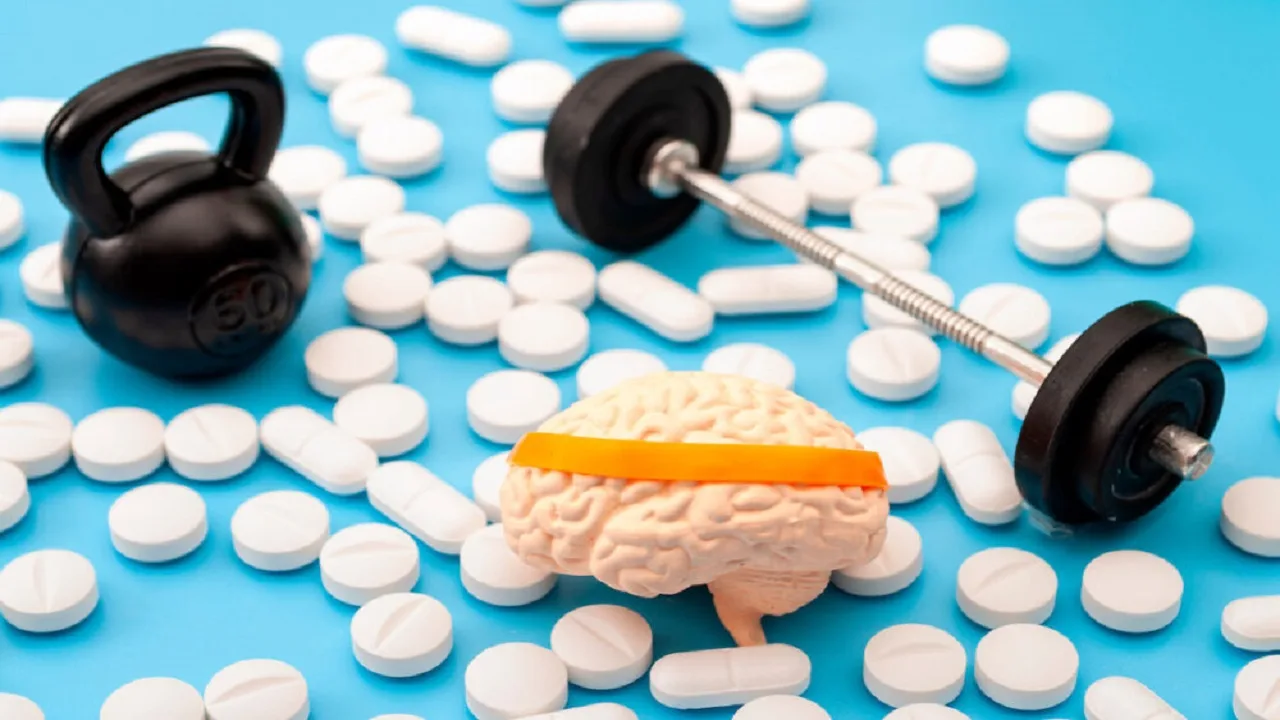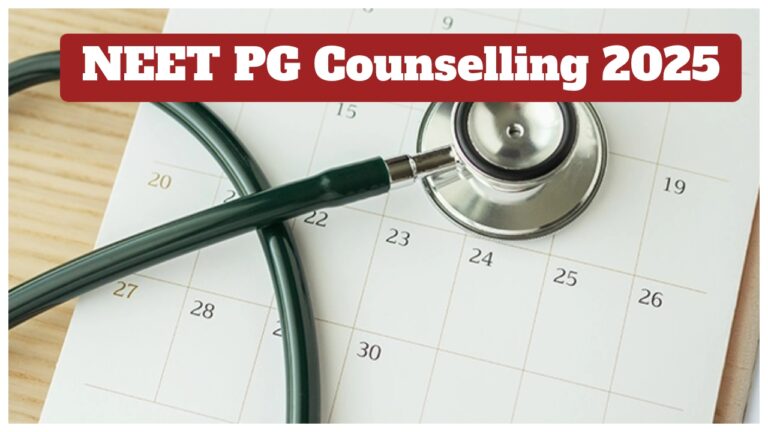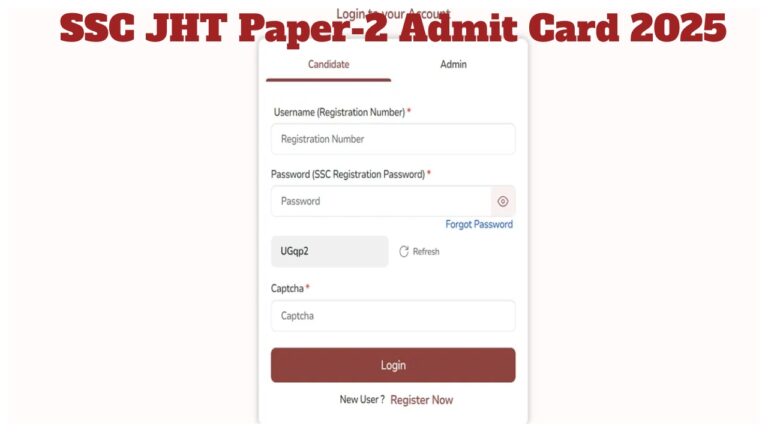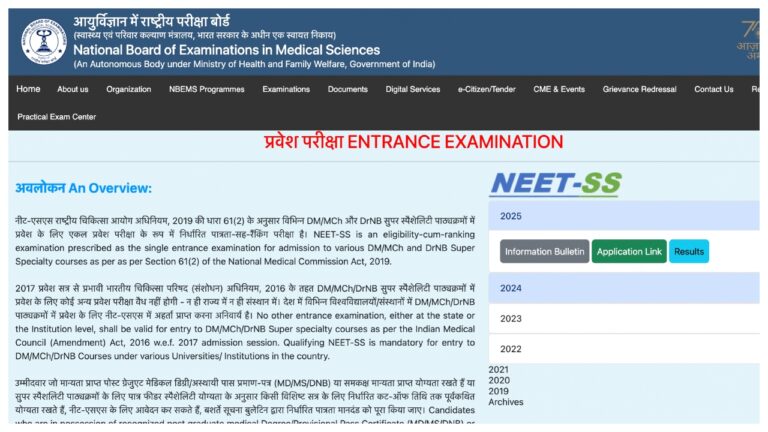Do you think your 20s are too early to think about your mental health? Age-related cognitive loss – as in all areas of health – is experienced as a result of a long process. All the choices we make throughout our lives can determine how we will age more than our genetic predispositions. When it comes to cognitive functions, the age to take precautions drops to our 20s because our brain cells start to shrink and even die from our 20s onwards . Our brains, which are intensively exposed to new information and develop before and at university, are not exposed to innovations as much as they used to be when we enter the workforce in our 20s. This deficiency is even more pronounced in our 30s and 40s, and peaks in our 50s and later with retirement, dragging our brain into a passive area where it is not stimulated, does not develop or learn. As a result, sometimes minor and sometimes very serious losses in cognitive abilities occur. We have compiled tips and exercises that keep the mind sharp for those who want a brain that works as well as it did in their 20s in their 70s!
Tips to keep your mind sharp from your 20s onwards
So, is the only way to keep your mind sharp is through games and exercises? According to Jim Kwik, a writer and mentor specializing in memory and learning, no! Kwik, who talks about 3 lifestyles that strengthen memory in the podcast The Mindbodygreen, shares 3 creative ways to protect our minds:
1. Think positively
According to research, how we talk to ourselves can directly affect our cognitive performance! If we constantly think in our minds that we can’t do something, that we will fail, that our memory is bad, that we are forgetful, then according to Kwik, we really are. On the other hand, trusting ourselves, and having a positive mindset, and having an inner voice also support our cognitive abilities. In short, if we want to remember important information, we first need to believe that our memory is strong enough to hold this information.
2. Acting while learning
Kwik says: “As our bodies move, our brains grow.” Scientifically, movement helps build new neural networks in the hippocampus, the brain’s major cognitive area! If we combine this movement benefit with learning something new—for example, listening to a podcast or lecture notes (!) while walking—we can remember information better. Physical movement throughout the day also makes it easier to learn a new language.
3. Organizing our living spaces!
If our minds are too full to learn new things, the first solution, according to Kwik, is to organize our external world! Making our bed, tidying our desks, and organizing our computer desktops give our minds a sense of “order and control.” This reminds us that while we can’t control every thought that goes through our minds or every event that happens to us, we can control some elements in life. Having a certain ritual during the day also helps to relieve feelings of anxiety.










